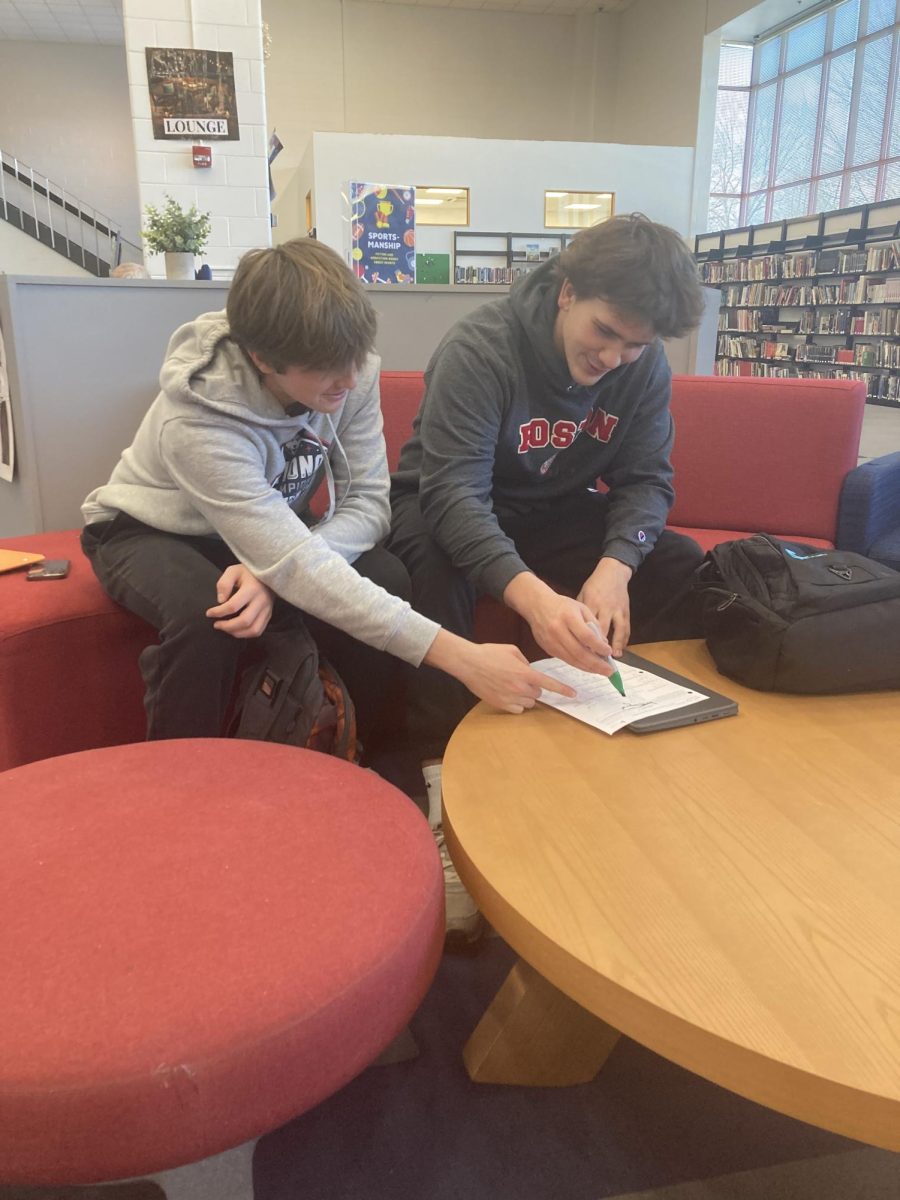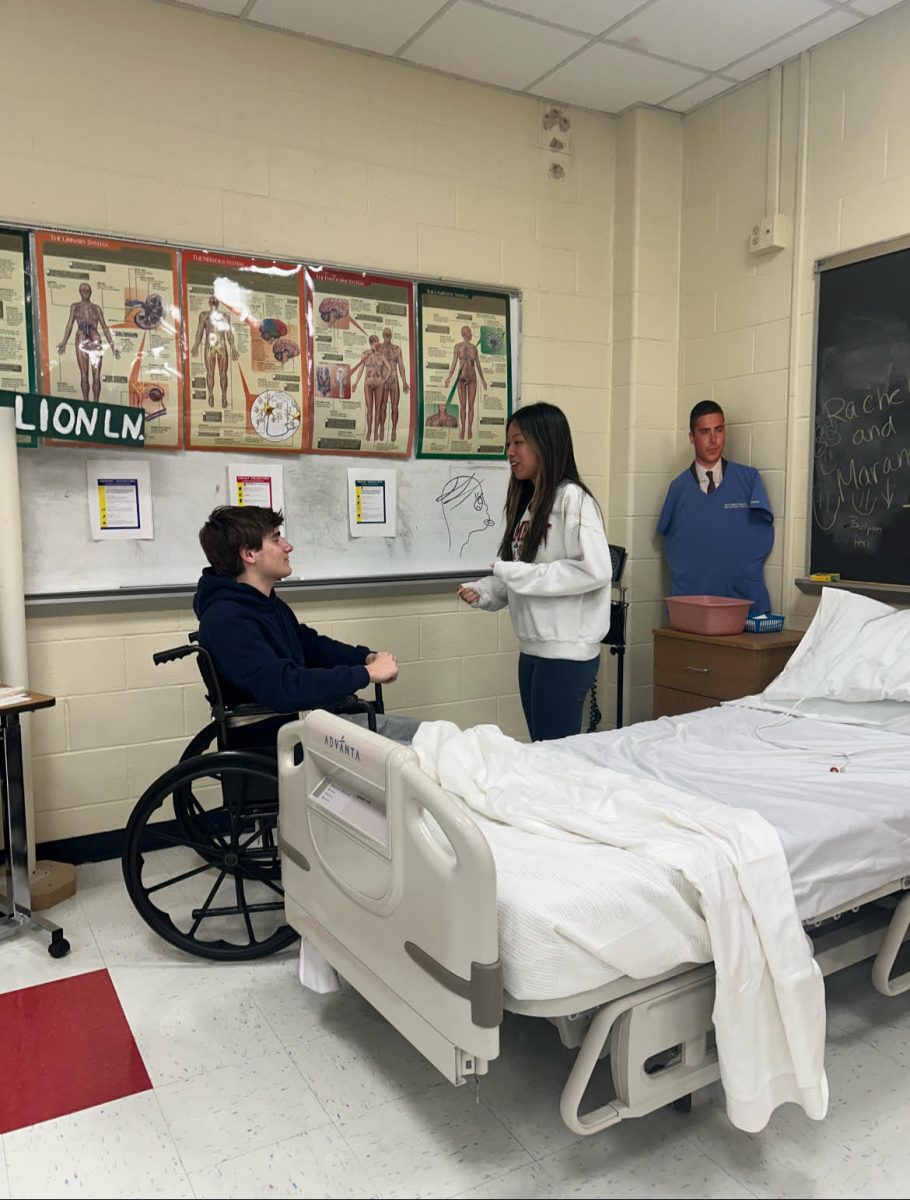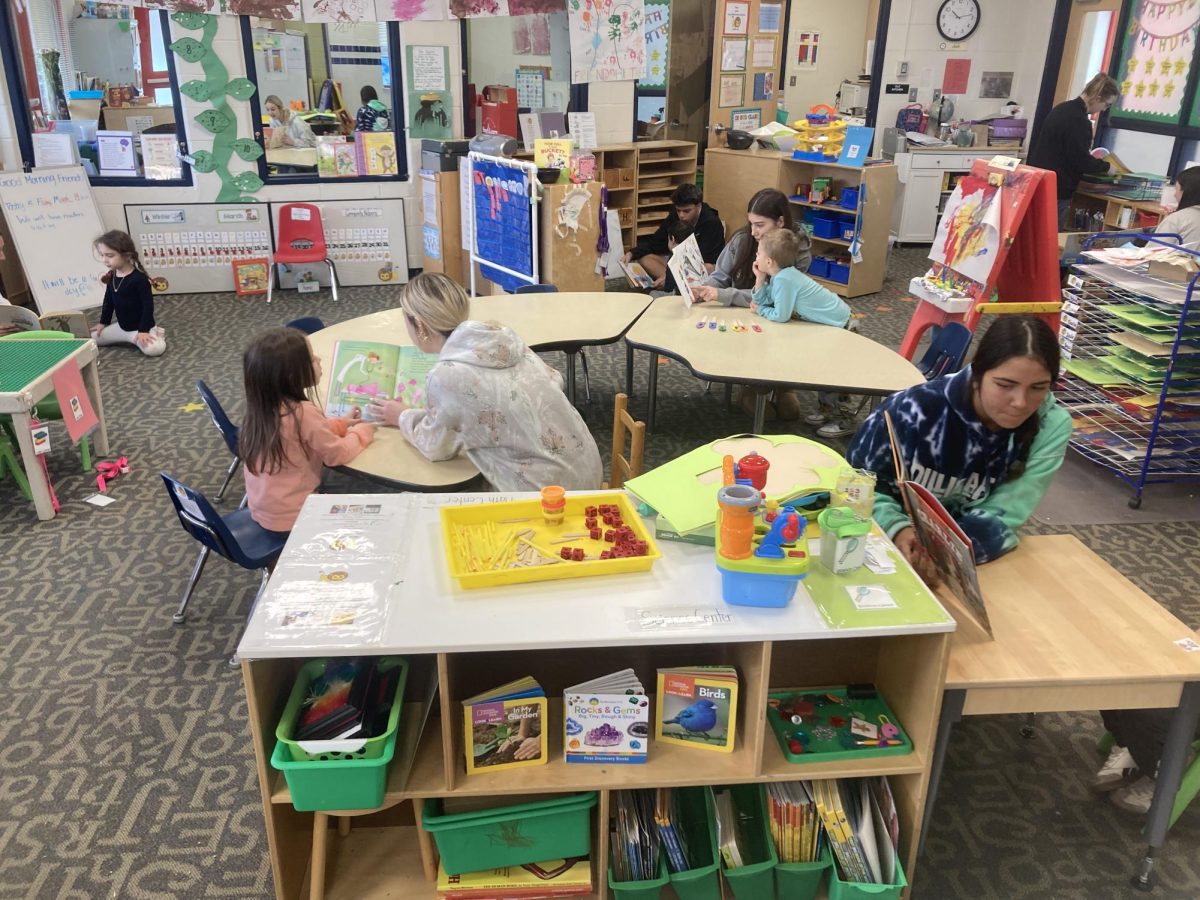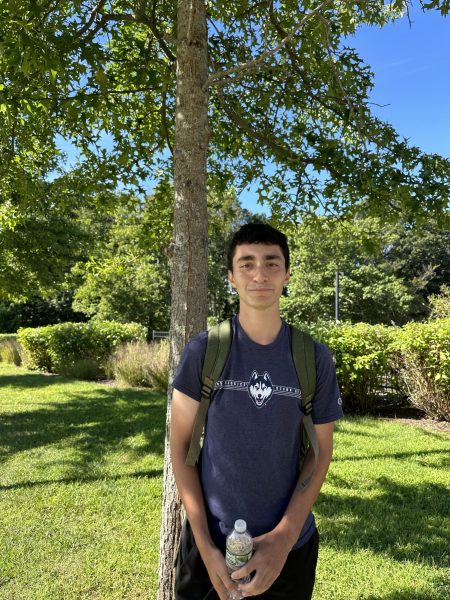The After School Assistance Program (ASAP) provides opportunities for students to get focused tutoring for various subjects. ASAP is available to students in the TLC after school on Tuesdays and Thursdays from 2:20 to 3:20.
It provides a structured environment for students to complete homework, and receive academic support. The goal is to provide students with a productive and supportive space to enhance and provide a base for learning outside of regular school hours.
“Students who put in extra work will see results.” says history teacher Mr. Zachary Phelan. ASAP began on January 30 this year, it started later than normal due to the administration questioning if students needed extra help after school. However, after looking at progress reports, they found it was beneficial to open up ASAP to students.
The program’s coordinator Mr. Justin Zywocinski states, “The purpose of ASAP is to give students an additional opportunity in the 4 main subject areas to work with a teacher to clarify questions they may have to improve their learning and ultimately their brains.”
While students only have to show up, there is a lot of planning that goes on behind the scenes. The TLC is split into two halves, one for STEM, and the other for humanities.
The teachers that help run the program are English teacher Ms. Chelsea Green, history teacher Phelan, science teacher Mr. Christopher Kochiss, and math teacher Mrs. Taylor Graham.
In addition to teachers, some students come to help out through the National Honor Society (NHS), serving as extra tutors within the program.
NHS member Riley Young states, “I was able to sign up for a date and give extra help to some of my friends.”
Some students also remember ASAP during Covid-19. Junior Quentin Bell states, “I used to stay after school for basketball practice, it helped me become a great student, and improve my academic performance in the classroom.”
ASAP can also help students’ mental health, getting extra one on one help from teachers can reduce stress, and help get support from other students and teachers. With Foran attempting to increase overall emotional well-being with the zen den, ASAP is another alternative that can improve mental health.
It is crucial for students to balance their studying with other activities to promote emotional well-being.
In addition, a plethora of snacks are also available to students who put in the work. Bell states, “The snacks are definitely my favorite part, they help me get locked in to complete my work.”
Teachers find enjoyment in helping their students out, it is not a chore for them to stay, Green states, “It is like a family reunion when I get to see students I have taught all in one place.”
Sometimes it is difficult to meet up in school to work with other students.
Kochiss states, “It’s a great opportunity to get extra help on any subject with teachers or friends. ASAP is a good place to work on group projects.”










